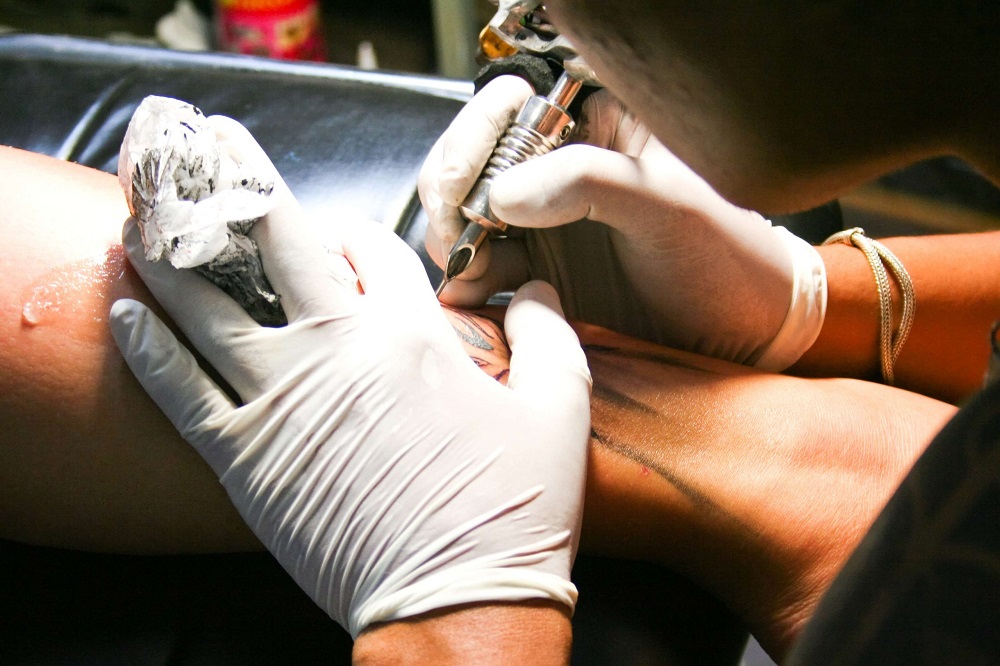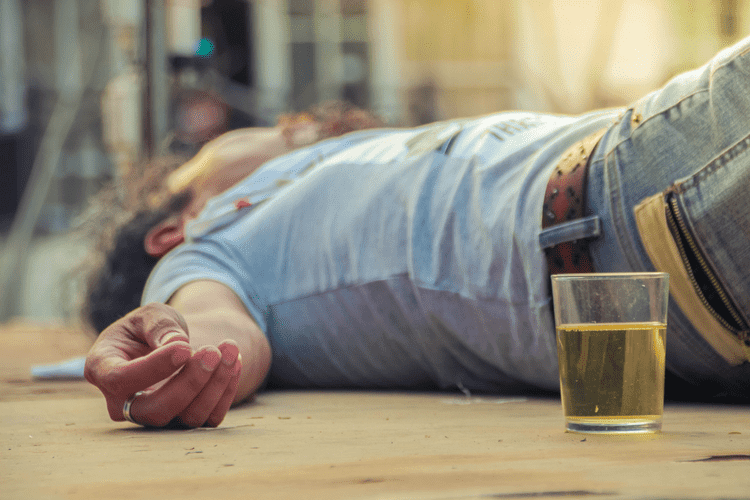After your last alcoholic drink, focus on rehydration and transitioning to a sleep-friendly routine, such as reading or practicing relaxation techniques. People who go to bed with alcohol in their system may be more likely to wake early in the morning and not be able to fall back to sleep, another consequence of the rebound effect. First, alcohol affects everyone differently because of a slew of factors, like age, biological sex, and body composition, just to name a few. Alcohol has a diuretic effect that causes your body to release more water in the way of urine.
How alcohol affects your sleep
If you’re having sleep problems or symptoms of sleep apnea, talk to your provider. There are many steps you can take to try to prevent these conditions from getting worse, including reducing or stopping your alcohol consumption and sticking with your treatment plan if you have sleep apnea. In addition, research shows that people with alcohol use disorder have a higher risk of developing obstructive sleep apnea (OSA)—especially if they already what is alcoholism snore.
- Some people in recovery may try to start drinking again to improve their sleep.
- Remember, understanding what’s happening to your sleep when you quit alcohol is half the battle.
- Alcohol also impacts other chemicals like adenosine, which prevents the brain from becoming stimulated.
- Maintain your profile by updating your photos, video links, treatment services, and contact details to ensure optimal visibility.
- Even people without OSA can experience symptoms of sleep apnea after drinking.
Lack of REM Sleep
The World Health Organization (WHO) has declared that no amount of alcohol is safe to consume. During rapid eye movement (REM) sleep, your brain is very active and your eyes move rapidly, but your arms and legs are temporarily unable to move. REM is the stage of sleep where most dreams occur, and it’s essential for memory and learning. Alcohol suppresses REM sleep, leading to a longer time before entering REM and reduced REM sleep during the first half of the night, or even throughout the entire night.

Mental Health Resources
Alcohol withdrawal leads to reductions in deep sleep and abnormalities in REM sleep. REM sleep is characterized by increased brain activity, relaxation of the body, rapid eye movements, and increased dreaming. When you’re in the first two stages, you’re in “light sleep.” When you’re in the third stage, you’re in “deep sleep.” And the fourth stage is your “vivid,” or dream, stage. While every person’s individual sleep cycle varies, it’s generally true that each of us goes through four to six rounds of it. Each cycle lasts around 90 minutes total, which adds up to between six and nine hours of sleep. Initially, alcohol’s sedating effects may help increase slow-wave sleep in the first half of the night, considered the deepest sleep stage.
No studies have demonstrated the hypnotic efficacy of benzodiazepines beyond 12 weeks. For these reasons, benzodiazepines should probably be considered only after alternative therapies have proven ineffective (84). These cautions probably apply to the nonbenzodiazepines as well, although studies of their chronic use and abuse in recovering alcoholic populations are limited. Differences in the rewarding insomnia after stopping drinking properties of various benzodiazepines in alcoholics have not been extensively studied.
Alcohol Withdrawal & Insomnia
Sleep problems are common during this phase and may be prevalent in about 65% of individuals during this phase (Brower et al., 2001a, Kolla et al., 2014). Subjective complaints in those with insomnia as compared to those without include longer SOL, increased WASO and lower sleep efficiency (Brower et al., 2001a, Conroy et al., 2006b). It is to be noted that individuals in early recovery may overestimate their subjective SOL but underestimate their WASO, as compared to their PSG estimated indices (Conroy et al., 2006b). In summary, moderate doses of alcohol may decrease the amount of REM sleep through the night. In doses mimicking heavy drinking, alcohol may initially improve sleep continuity during the first half of the night.

Researchers have found that insomnia is a risk factor for alcohol abuse. When a person has sleep apnea, they have interrupted breathing during the night. The condition is linked to fatigue as well as serious cardiovascular https://texascaregivers.us/cbt-techniques-tools-for-cognitive-behavioral/ conditions like heart attack and stroke. Participants in this study were part of a larger project testing the effectiveness of a digital insomnia intervention for people with poor sleep who are heavy drinkers.